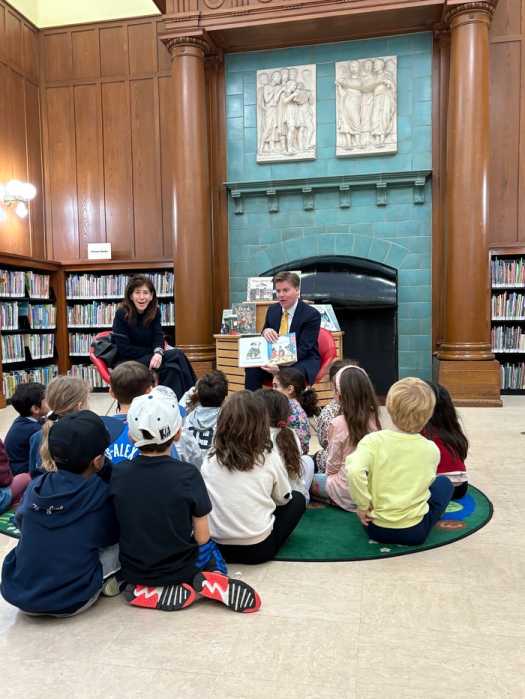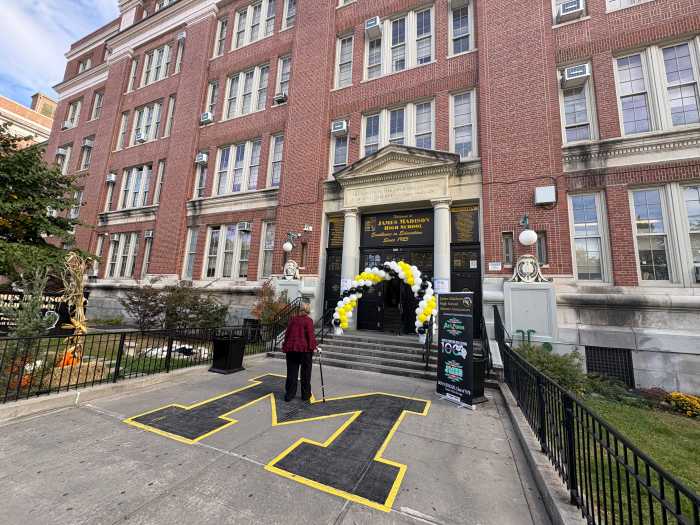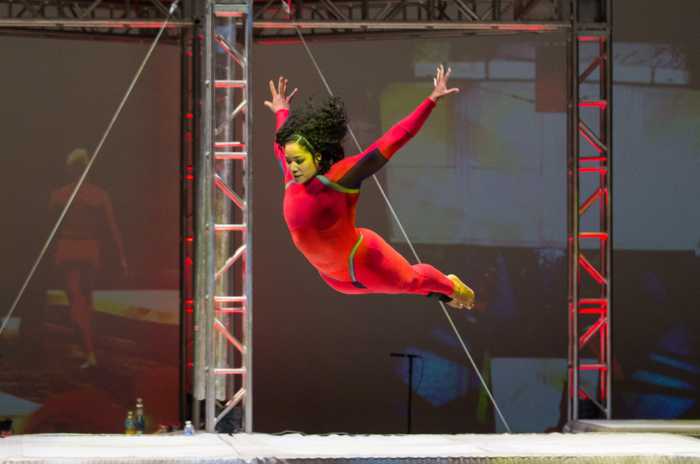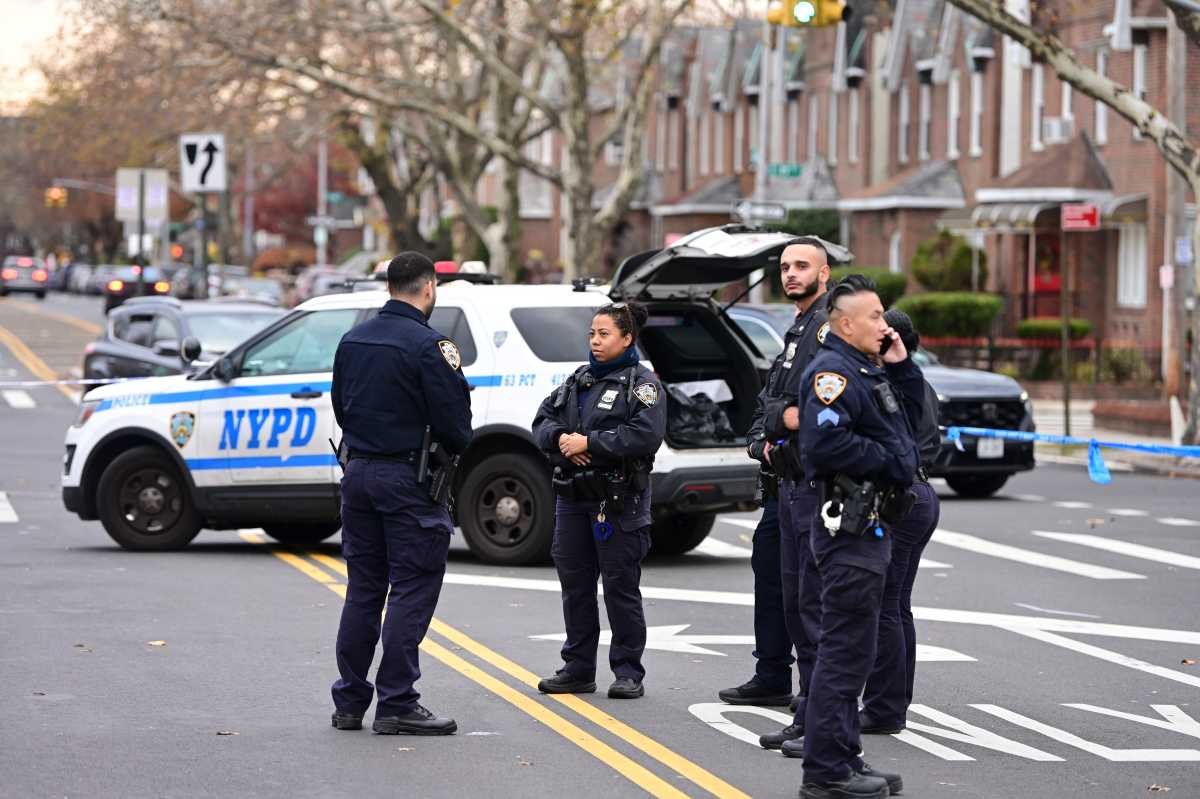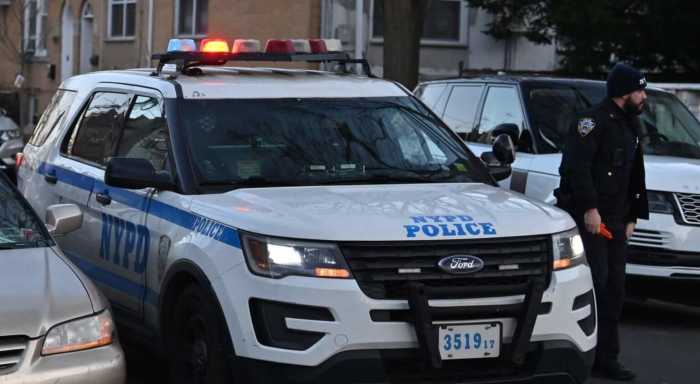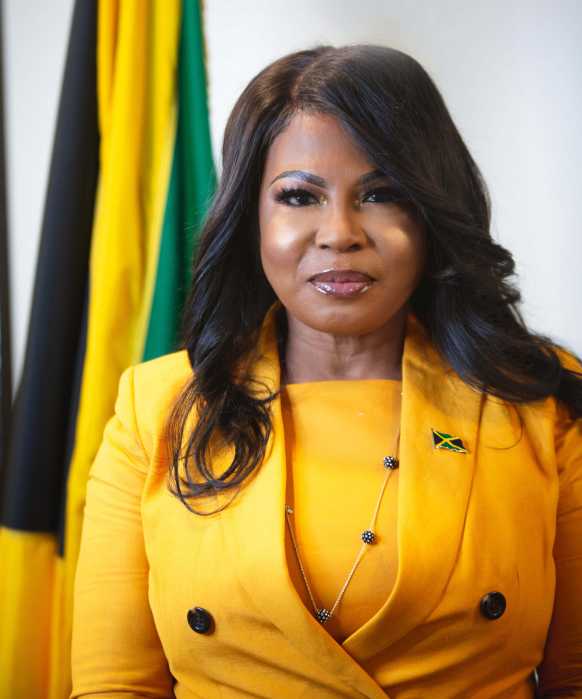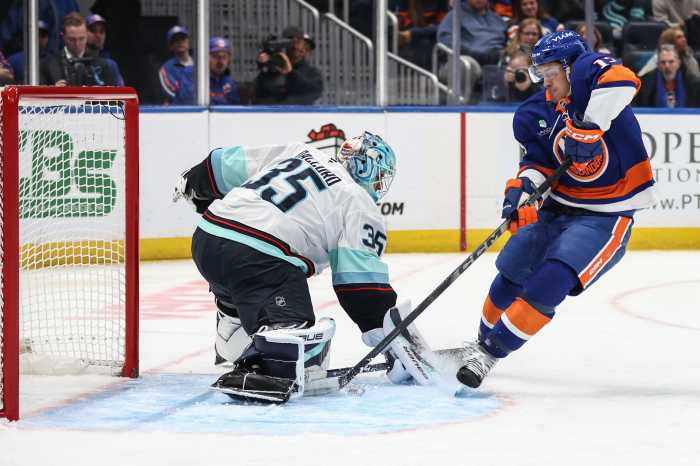On Fathers Day, I did not sleep late or relax in bed with the coffee and newspaper that my darling children had brought me. Instead, I rushed outside with plastic bags sticking out of my pants pockets and picked up after the dog that joined our family since last Fathers Day. His name is Wilson and he is cute, cuddly, delightful and a pain in the butt. In fact, this creature’s impact has pretty much followed the stereotypical script involving the chaos of a home littered with squeaky, rubber toys that I trip over; and children who swore on everything sacred that they would help with the walking, feeding and cleaning up after the dog, but now would rather watch reruns of “The Simpsons” then put on their shoes and drag the dog around the block.
I expected all of this. So the true surprise for me has been watching my two daughters raising their puppy. My 14-year-old craves Wilson’s affection. She loves that he licks her face whenever given the chance. She wants to hold him while she watches TV or plunks away on Facebook. And she always wants him to sleep in her room.
My 11-year-old has trouble letting Wilson be on the floor. She picks him up and holds him at every opportunity. This may be an age thing since her friends do the same, passing the poor pup around, mauling him with their hugs. My daughter wants him to follow rules; she’s the one ready to train him, to discipline him when he has an accident, to take away the stuffed animal he has stolen from her bed.
Seeing them with Wilson, I feel I am seeing the first hint of the parents they will be. Of course I have feelings about their growing up, that they are approaching all that adult stuff — relationships, sex, jobs, bills, families — and it is all coming too fast. But what I really worry about is how their parenting our puppy reflects my parenting of them. And in those moments when they are harsh with poor Wilson or worse, ignore him, I fear I am seeing my own failures as a parent displayed for my viewing pleasure.
When my teenager says the dog doesn’t love her anymore because he only licked her nose 10 fewer times than yesterday, I’m ready to blame this insecurity on my not saying, “I love you” enough. When Wilson wants to play and she ignores him because she is too tired or busy texting, I fear I’m watching her play out a scene from our relationship. When my younger daughter speaks to Wilson with a certain tone, telling him he’s gotten dirty and needs a bath or has done some other misdeed, I hear my own rigid authority and I cringe.
I have parenting déjà vu sometimes. I might go into one of their closets looking for some missing piece of clothing and end up pulling out piles of wadded up T-shirts, socks and unidentifiable fabric. Then words come out of my mouth like, “I can’t believe you haven’t cleaned your closet. How can you live like this? I can’t even look in there it makes me so sick.” I hear these words and wonder who spoke them, how I became, in that moment, the parent I never wanted to be. Like baldness or nose-picking, I hope I won’t pass on to my kids the things I don’t like about myself. Yet here, with our puppy, I am seeing my failures.
Of course, it could just be their ages. My teenager doesn’t have patience when the dog’s schedule gets in her way. She feels the same way about homework and me. My tween is busy making sense of the world, sorting out new freedoms like running to the store by herself. Rules seem to give her security — walk on Henry not Hicks — and provide order to an ever-expanding world.
My daughters feed and water the dog. His face is the wallpaper on their cellphones. They are gentle and caring and speak to him in sweet tones. All in all, they’re not doing so badly. It could just be my insecurities as a father spilling out. With kids, you don’t know how you’re doing until it’s too late to fix.
With a dog, either he sits or he doesn’t. I pondered this as I walked Wilson, anxious to get home to coffee and newspaper and my children on Fathers Day.




